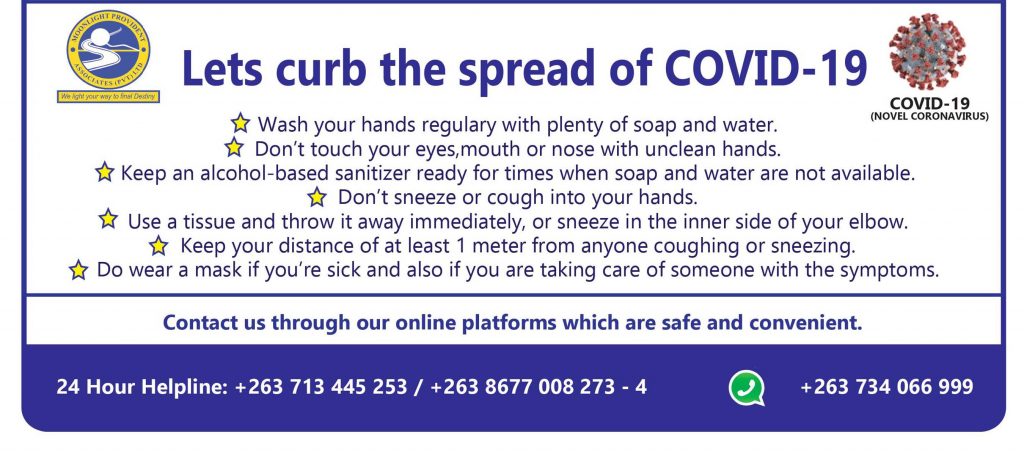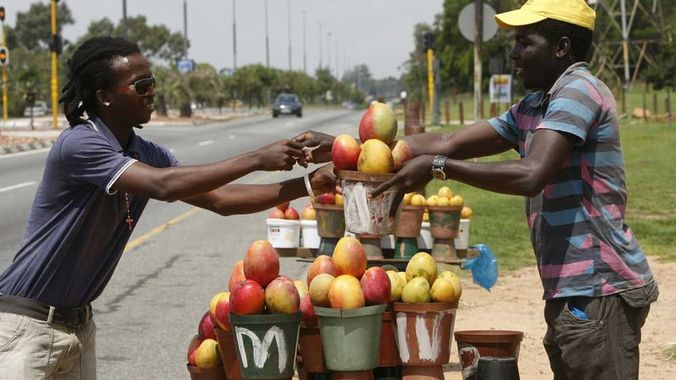By the Zimbabwe Coalition on Debt and Development
The announcement of the indefinite lockdown by President E.D Mnangagwa was received with mixed feelings with some sections of the society feeling that the decision was not made after careful considerations. Nevertheless, those arguing from a public health corner considered the decision as noble in as far as curtailing the spread of the deadly coronavirus is concerned.

The effects of lockdown on the social and economic wellbeing of citizens cannot be overemphasized. The long-lasting deteriorating macroeconomic environment did not help the situation as the COVID-19 pandemic caught the generality of citizens already poverty stricken.
In other words, the pandemic is likely to sound a death knell to an already ailing economy characterized by, among other issues, hyperinflation, poor public service delivery and the biting liquidity crunch. It is no doubt that the poor citizens are caught in a catch 22 situation where fear of hunger grips them at the same time cannot go out to eke a living.
It is against this background that the Zimbabwe Coalition on Debt and Development (ZIMCODD) convened virtual Public Finance Management Reform Indabas to provide a platform for citizens to reflect on the effects of the indefinite lockdown on the social and economic wellbeing of citizens and proffer recommendations.
The indefinite lockdown extension has affected negatively the majority of citizens’ livelihoods in a highly informalised economy where informal traders constitute a larger proportion of the workforce in the country. In face of an imploding economy, the majority of citizens continue to rely on hand to mouth as a means of survival and it is no doubt that the indefinite lockdown means increased hunger, deprivation and starvation for many as the informal market “doors” remain shut.
According to the Zimbabwe National Statistics Agency (ZIMSTAT), the total consumption poverty line (TCPL) for an average of five persons shot by 21,3% to $6 420,87 in March 2020. It is no doubt that very few, those with a financial muscle are still able to cope with the continually rising cost of living at the backdrop of runaway inflation. Whilst the government is doing whatever it takes to respond to the health emergency, it is also important to consider people’s livelihoods.
The absence of meaningful and effective social safety nets from to cushion the vulnerable including the informal players who have been har hit is a cause for concern. This is despite the fact that citizens are contributing to the national fiscus through paying of various tax heads, the funds which might have been used to cushion the vulnerable in times like this where all sectors of the society are feeling the pinch. On another note, the delays in the disbursement of the ZW$200 cushioning package further exposed the government’s inefficiency such that the government has a mammoth task to restore public confidence.
Recommendations
· The government should take a holistic approach to the fight against COVID 19 by addressing the varying needs and aspirations of the vulnerable groups including women, informal traders, People with Disabilities (PWDs) and food insecure households.
· Local authorities must expedite the reconstruction of the vending stalls to ensure effective operations of informal traders as soon as they are allowed to operate.
· The Government must treat the availing of funds meant for cushioning the vulnerable groups with urgency considering the existence of an inflationary environment.
· There is need for the government to revise the proposed ZW$ billion economic stimulus package and ensure that the package sufficiently cover both formal and informal sector. The package must respond to the needs of both the formal and informal sector.






